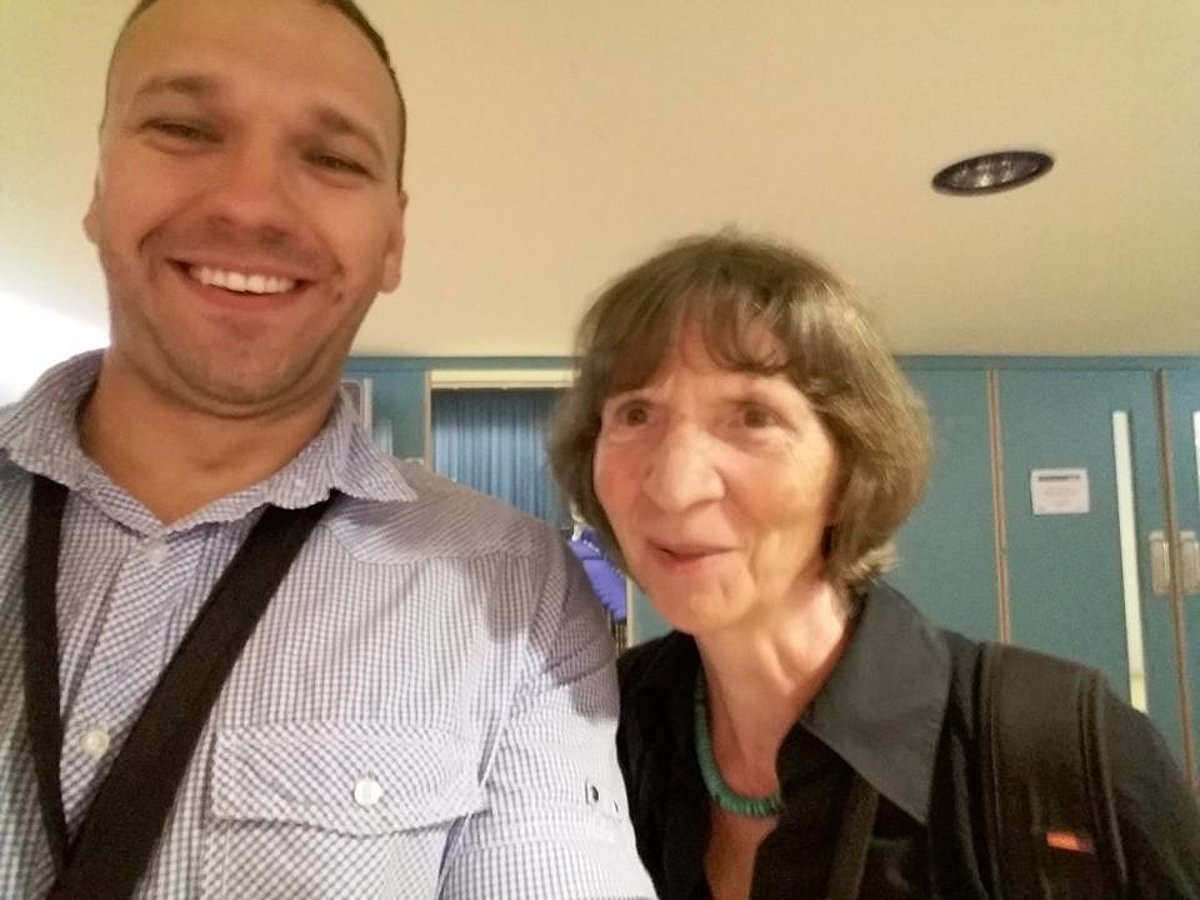
The conference took place at UCL Institute of Education in London, was organised by the British Association for Holocaust Studies (BAHS) and was devoted to the processes of memory and remembering, concerned specifically with how the collective conception of the Holocaust has developed since the mid to late 1970s. As well as presentations, talks and symposia on the conference themes, the conference also contained world-renowned keynote speakers, including Professors Dan Stone, Wulf Kansteiner and Aleida Assmann.
In his paper presentation Didzis Bērziņš explained the shaping / creation processes of social memory in Latvia after the collapse of the Soviet regime. The comparison between two regimes implemented memory politics was analysed in detail establishing an in-depth understanding on social memory of the Holocaust in Latvia and revealing the main social, political and historical factors behind these processes.
Project “LIVINGMEMORIES” is an interdisciplinary social science and humanities project, which focuses on problematic social memory, as well as on the imprints of conflicts and protest movements on memory and identity. Within the project research groups from University of Helsinki, which is the leading partner, Perm National Polytechnic University, University of Tartu, Goethe University of Frankfurt am Main, Koç University in Istanbul and University of Latvia are working together. The co-ordinator of the project is Dr. phil. Kirsti Salmi-Niklander from University of Helsinki. This is the first social science and humanities project that is implemented in the program ERA.NET RUS PLUS (EU-FP7). This is the European Union’s 7th Framework Program, which focuses on the promotion of European Union member state scientific cooperation with Russian scientists.

 CONFERENCE
CONFERENCE